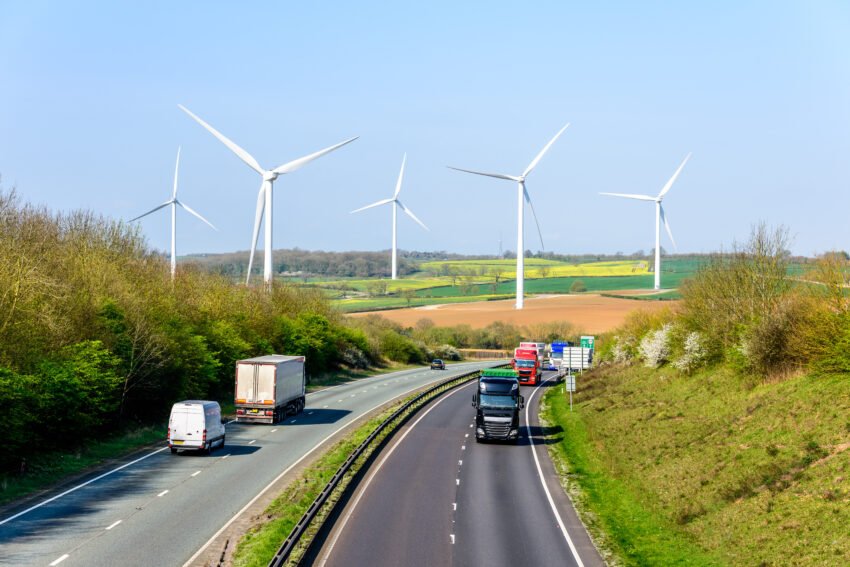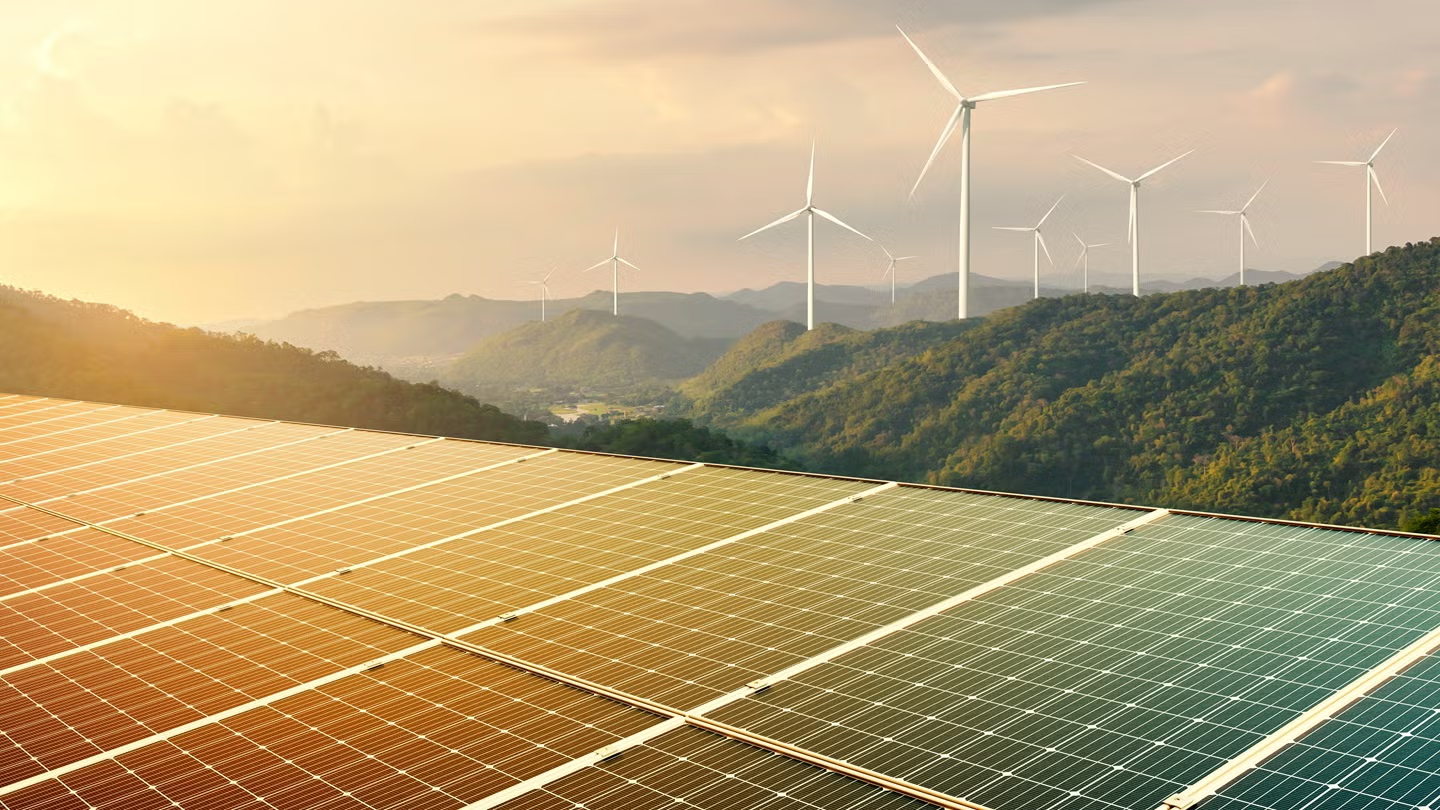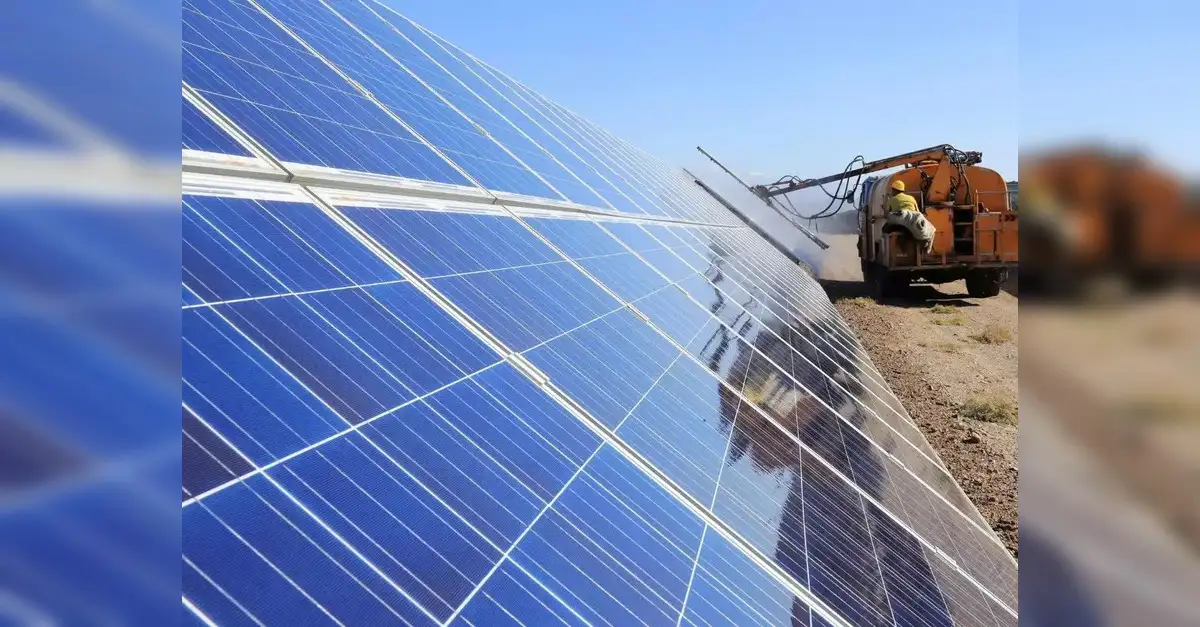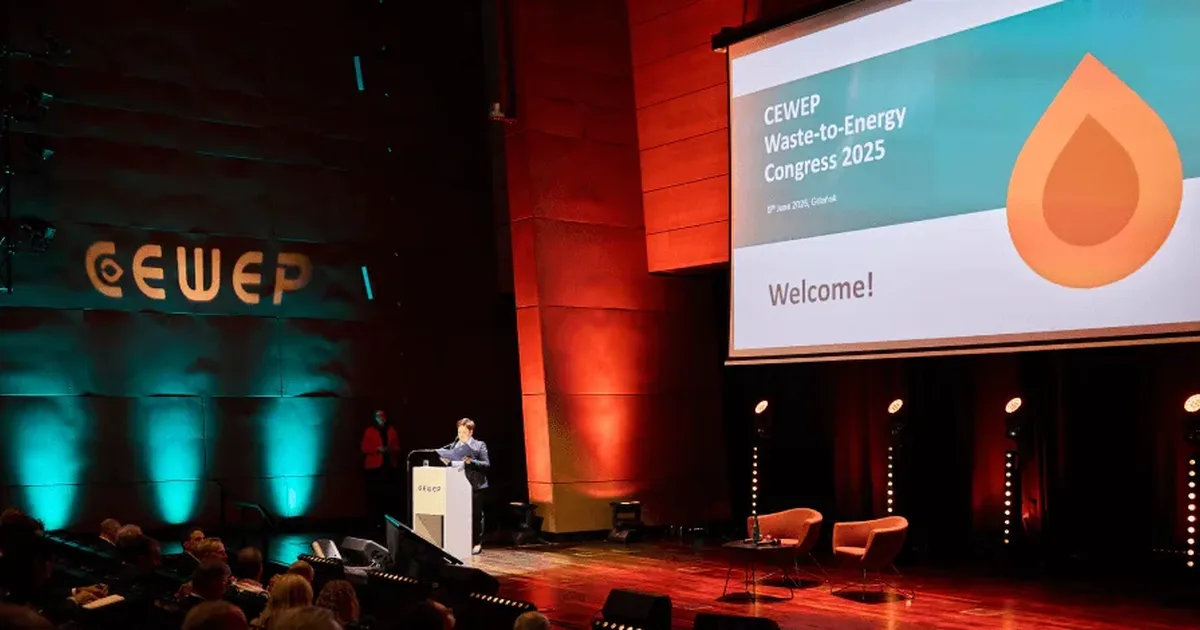The UK has lost its position as Europe’s leading destination for foreign investment in renewable energy and utility projects, with a significant decline in new developments pushing it behind France. According to EY’s latest figures, the number of green energy projects in the UK backed by overseas investors plummeted by 57% in 2023, dropping from 93 to only 39 projects within a year. In contrast, France increased its foreign-backed projects from 65 to 74, marking a notable rise.
EY’s annual UK Attractiveness Survey highlights that this downturn in clean energy investment has led to a staggering 70% decrease in new job creation, with employment numbers falling from 4,819 in 2022 to just 1,452 last year. This decline occurs despite a broader upswing in renewable energy investments across Europe.
Lee Downham, EY’s UK energy and resources lead, emphasized the pressing need for the UK to improve its planning and grid connectivity processes. He warned that without these adjustments, the UK’s net-zero targets and energy security objectives could be jeopardized. “The UK must continue to attract a strong pipeline of renewable investments if it’s to achieve its energy security ambitions,” Downham stated.
The report comes at a crucial time politically, as the Labour government aims to revitalize Britain’s green industrial base while managing an energy system still heavily dependent on international gas supplies. Investment projects highlighted in the report include solar farms, energy storage facilities, hydrogen production plants, and infrastructure such as research and development hubs, headquarters, manufacturing plants, and maintenance centers.
The UK’s 39 new green and utilities projects in 2023 represent a significant decline in foreign investment in a sector that is vital for the country’s decarbonization and reindustrialization strategies. Conversely, France has benefited from aggressive domestic incentives and a streamlined permitting process, which have bolstered its appeal to investors.
Germany and Spain followed in third and fourth place in EY’s European rankings, respectively. Across Europe, foreign direct investment (FDI) in the utilities and energy sector fell by 21% year-on-year, reflecting broader economic concerns such as inflation, supply chain disruptions, and complex energy regulations.
The report also points to ongoing investor worries regarding the UK government’s review of the wholesale electricity market, including proposals to implement locational pricing by region. Critics argue that such changes could create uncertainty for investments and disadvantage projects in areas with weaker grid infrastructure.
While several prominent UK clean energy projects, particularly large-scale offshore wind farms, have faced delays due to planning issues and rising costs, France has capitalized on its more robust state support and quicker permitting processes.
With global competition for clean technology investment becoming fiercer, EY’s findings may intensify calls for more aggressive industrial policy and regulatory reforms aimed at restoring the UK’s leading position in renewable energy and achieving a cleaner, more secure energy future.




